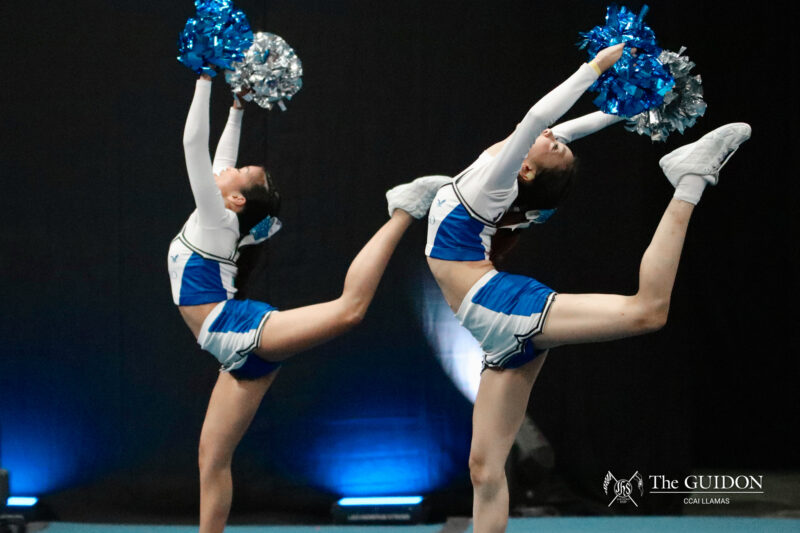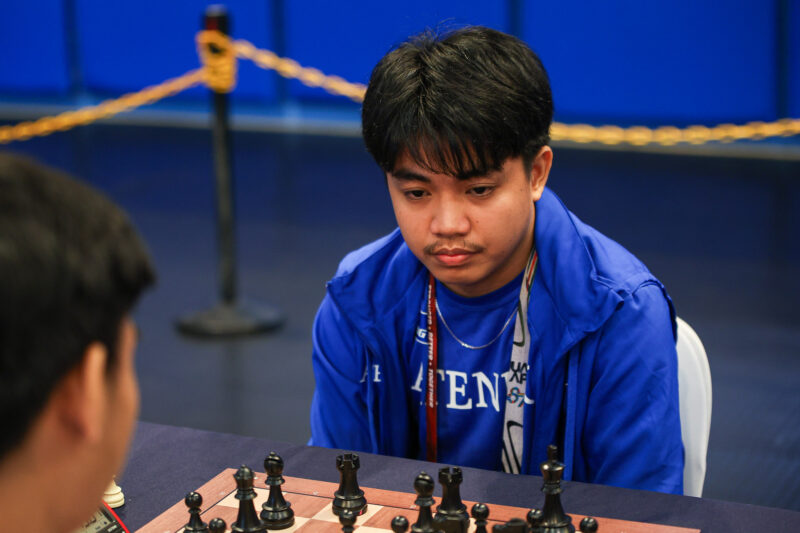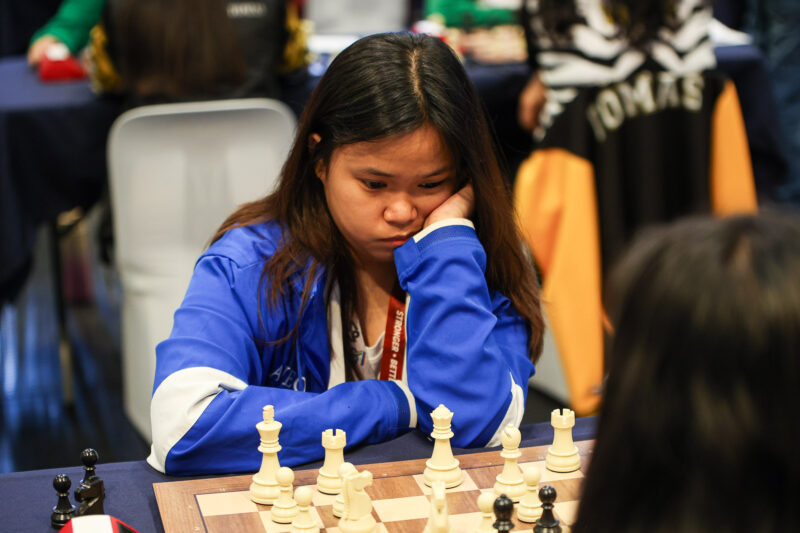ADDRESSING THE plight of refugees fleeing places of conflict across the globe, Ateneo teams Kyuse and RE:Initiative showcased their proposed business models in the 2017 Hult Prize Regionals on March 3-4. The teams presented their pitches in Dubai and London, respectively.
Team Kyuse is composed of Chemistry with Materials Science and Engineering superseniors Earl Forlales and Stephanie Canilao, Applied Physics with Materials Science and Engineering supersenior Paul Ceralde, and Information Technology Entrepreneurship supersenior Vincent Ngan.
Team RE:Initiative, among the top six semifinalists, is composed of Management senior Sandra Dueñas, Legal Management senior Shanelle Yu, and Management Engineering seniors Beatrix Santiago and Tricia Sumampong.
Hult Prize is a global competition that selects the best social enterprise start-up that addresses the world’s pressing issues. This year, the challenge centered on the refugee crisis and the theme “Reawakening Human Potential.”
Initiatives in perspective
Team RE: Initiative decided to focus on child development because “most of the refugee children are victims of calamities, war and violence, who have been exposed to a lot of trauma and stress at a very young age,” explained Sumampong.
The proposal of Team RE: Initiative is to set up a daycare café in urban areas, where profits generated will be used to fund the “CAREavan,” a mobile truck aiming to build play hubs in various refugee camps.
According to Yu, they focused on children because they saw that children are considered as sources of hope, and empowerment for them will trickle down to their parents and other adults of their community.
“Part [of] reawakening human potential is giving livelihood to the adult refugees, to the parents of the children,” Santiago said. “We give them employment opportunities [in the] daycare café.”
On the other hand, Team Kyuse’s initiative highlights a farming unit that promotes a sustainable source of food. The “Kyuse Microfarm” caters to refugees, particularly those in the state of migration.
Through this farming unit, Forlales stated that they want to “empower refugees to be self-sustainable” and to “end their reliance on international aid.”
“The plan is to provide refugees with seeds of pulses, a food staple among the population, and bottles of our nutrient solution that they will then use to sustain the growth of the pulses in the farming unit,” he added.
The surplus produce will be used to produce “Kyuse pulse” protein bars, lightweight and ready-to-eat sources of food.
“For each bar sold by our partner manufacturer, we will allot another bar for distribution to refugees through the UNHCR (United Nations High Commission on Refugees), WFP (World Food Programme), UNICEF (United Nations Children’s Fund) and Save the Children,” Canilao said.
Likewise, Team RE:Initiative said that they have been coordinating with various organizations such as Save the Children Philippines in Makati and Tacloban, and the Ateneo psychology department for psychosocial therapy to further the development of their business model.
“The idea is to gather as much information as we can in the moment,” Sumampong said. “Then we want to look for investors who would be willing to fund, kasi right now, what we need talaga is the daycare café to sustain the CAREavan.”
Team Kyuse, for the meantime, is focused on helping displaced people in urban communities learn how to farm their own food.
“If we can tailor our idea to our local setting such that it will make sense both operationally and financially, then we could be seeing Kyuse Microfarms in urban areas soon,” Forlales explained.
Closer to home
Relating it to the Philippine context, Team RE:Initiative said that Filipinos need to understand that there are also numerous refugees in the country and not just abroad.
“In the Philippines, the Yolanda victims [are] also refugees,” Sumampong said. “The people from Mindanao [and] the rural poor who went here in Manila … are refugees.”
They also emphasized that efforts do not always have to be in a form of a business model to create impact.
“You don’t have to build a social enterprise to build a social impact by yourself,” Santiago remarked. “Even if you’re working in the corporate setting, it’s the choices you make that will make the impact.”
On the other hand, Team Kyuse also mentioned the importance of recognizing the local scene as regards the refugee crisis.
“Just because the crisis is happening on a foreign land, we think it’s not our battle to fight,” Ceralde explained.
He also discussed how the social media can be used in promoting awareness on the refugee crisis in the Philippines.
“I think by using social media platform to show our fellow Filipinos that the crisis faced by refugees all over the world is analogous to what we experience during typhoons, only hundreds of orders higher, we can make them realize how relevant the situation is to us,” he added.







